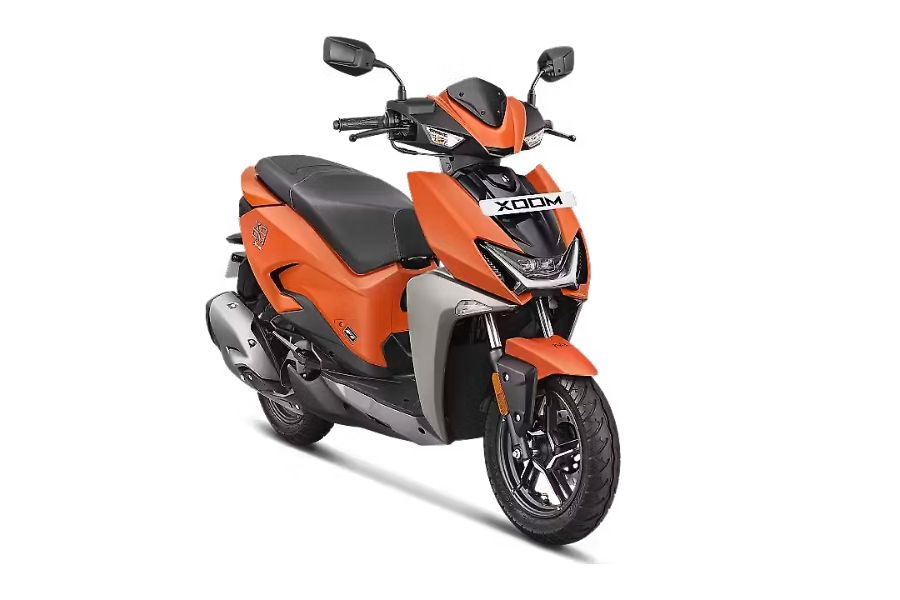Leapmotor, in collaboration with Stellantis, is gearing up to make its mark in the Indian electric vehicle (EV) market, with plans to introduce its lineup of electric vehicles tailored for Indian consumers. This move comes following a comprehensive feasibility study, signaling Leapmotor’s strategic decision to tap into the burgeoning EV sector in India.
Key Announcements and Strategy:
1. Entry Plan:
- Sources suggest that Leapmotor will kickstart its India operations by introducing the T03 hatchback, positioned to rival Tata’s Tiago EV. Additionally, the brand is set to unveil the C10 SUV, targeting competitors like BYD’s Atto3, MG Motor’s ZS EV, and upcoming electric variants of popular models like the Creta and Maruti eVX.
2. Joint Venture with Stellantis:
- The collaboration between Leapmotor and Stellantis, marked by a significant stake acquisition by the latter, underscores the commitment to international expansion. With a 51:49 joint venture, Leapmotor aims to leverage Stellantis’ existing dealer network in India, enhancing its market reach.
3. Product Strategy:
- While short-term plans involve importing completely built units, discussions are underway regarding long-term product strategies in collaboration with Stellantis’ product-planning teams. The focus remains on introducing models across various segments, including MPVs, SUVs, and hatchbacks, tailored to meet Indian consumer preferences.
Market Outlook and Expansion Plans:
1. Global Market Expansion:
- Leapmotor is on track to double its China volumes and anticipates significant sales in international markets by 2025. The company’s expansion strategy aligns with its partnership with Stellantis, leveraging local resources and manufacturing facilities to drive growth.
2. Competitive Landscape:
- The Indian EV market is witnessing a surge in new entrants, particularly from East and South East Asia. With players like MG Motor, BYD, and VinFast introducing global models, consumers can expect a wider range of options, intensifying competition and fostering innovation.
Policy Implications and Future Prospects:
1. Government Incentives:
- The Indian government’s favorable policies, including a lower goods and services tax rate and the recently announced EV policy, have attracted investments from global players. However, there are uncertainties regarding the treatment of investments from Chinese carmakers and their eligibility for incentives under the new EV policy.
2. Industry Dynamics:
- As established automakers and new entrants gear up to launch electric vehicles in India, the market dynamics are set to evolve rapidly. The influx of diverse models and technologies will not only cater to consumer preferences but also drive the adoption of sustainable mobility solutions nationwide.
Leapmotor’s entry into the Indian EV market signifies a significant milestone in the transition towards electric mobility, underscoring the industry’s commitment to sustainability and innovation. With strategic partnerships, innovative products, and policy support, the future of electric vehicles in India appears promising, offering consumers a greener and more efficient mode of transportation.
Read More:




